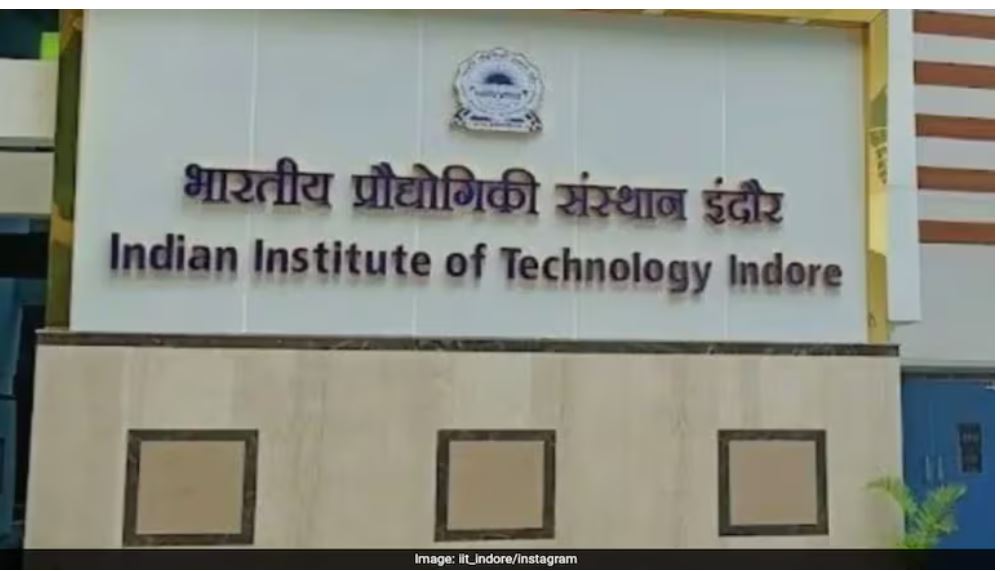- By Sarju Saran Tiwari
- Thu, 17 Jul 2025 01:03 PM (IST)
- Source:JND
IIT Indore: In a landmark innovation, the Indian Institute of Technology Indore (IIT-I) has developed an eco-friendly, cement-free concrete using geopolymer technology. This green alternative reduces carbon emissions by up to 80% compared to traditional cement-based concrete.
This new concrete is made from industrial by-products like fly ash and ground granulated blast furnace slag (GGBS), eliminating the need for Ordinary Portland Cement (PCC) — a material responsible for nearly 8% of global CO₂ emissions.
Durable, Fast-Setting & Water-Free Construction
One of the standout features of this concrete is its rapid strength-gaining capacity, making it ideal for time-sensitive and critical infrastructure such as military bunkers, highway repairs, emergency shelters, and precast railway components.
Another significant advantage is that the concrete requires no water curing, addressing the growing concern of water scarcity in construction practices. It offers enhanced efficiency, especially in drought-prone or water-deficient regions.
20% Reduction in Construction Cost
Beyond its environmental benefits, the cement-free mix also reduces construction costs by around 20%, making it a financially viable solution for large-scale government and private infrastructure projects.
Dr. Abhishek Rajput, who led the research team, emphasized the dual benefits: “The goal is to offer a practical solution that supports both the environment and the construction industry.”
Aligning With India’s Green Goals
IIT Indore Director Prof. Suhas Joshi hailed the development as a vital contribution toward India’s green infrastructure vision and commitment to carbon neutrality. “It’s a great example of research aligning with national sustainability goals,” he said.
This initiative comes as India continues to push for environmentally conscious growth in line with global climate agreements and its Net Zero Emissions target by 2070.
The Problem With Cement-Based Concrete:
Traditional PCC, made from limestone and other minerals, is energy-intensive and releases large volumes of carbon dioxide during production. Its widespread use in global construction makes it a major contributor to climate change.
By using waste materials and avoiding high-temperature processing, IIT Indore’s cement-free solution significantly reduces energy consumption and emissions, offering a sustainable path forward for the industry.
The research team is now working on scaling up the technology for broader industrial use. Discussions are underway with infrastructure agencies and private firms to adopt this innovation in real-world projects.
With continued support, this eco-friendly concrete may soon become a mainstream solution in India's construction landscape — stronger, greener, and faster than ever before.

